One of our most precious commodities is time, wouldn’t you agree?
When you have a child with special needs, often one of the last things you have is time. Time to think about today or tomorrow.
Your time is spent tackling the harried daily responsibilities of life, work, and home. However, finding the time now to plan some aspects of your child’s future can pay dividends with extra time behind it as well as prevent some possible future pitfalls that can arise from waiting on these preparations.
 This post was written by Todd Sensing of FamilyVest. I was thrilled to have him share his expertise on this important issue! Julie
This post was written by Todd Sensing of FamilyVest. I was thrilled to have him share his expertise on this important issue! Julie
Create an Letter of Intent (LOI)
A letter of intent (LOI) is a document that acts as a guidebook of sorts for those who may care for your child in the future. It contains important information that only a parent would know about their child’s personal preferences and history. Some examples would include things such as your child’s taste in food and elements of their day-to-day routine.
In the past, an LOI has been a physical paper document in possession of either the person who created it or the future responsible party. Luckily, we live in a digital age and no longer need to store vital documents in a physical location where they can be stolen or misplaced. We now have options to save essential information in an electronic form where friends, families, and the rest of your support system have access and where updates can are made and shared easily.
A question I often hear is “What information should go into my LOI?” My answer is as much as you think someone who doesn’t know your child at all would need to know to care for him or her on a daily basis.
A few examples of necessary elements of a successful LOI:
*The role of the future responsible party:
*Medical history
*Lifestyle and living arrangements
One thing to remember is to develop and amend your LOI as needed over time as goals and circumstances change.
Initiate an ABLE Account
Before to the passage of the Achieving a Better Life Experience Act (ABLE), parents did not have significant tax benefits to save for items or services such as therapy or assisted living. To make things even more complex, those with disabilities were limited to a maximum of $2,000 in liquid assets before they were disqualified from receiving government benefits.
Additionally, prior to parents having access to ABLE accounts, families would often turn to the special needs trust as the primary tool to set funds aside for their children with special needs. Unfortunately, these legal documents require a knowledgeable estate or elder law attorney to set them up, which meant that families without the means to pay the fees to create the trust were left without an alternative.
With the passage of the ABLE Act, families with disabled young children can set aside funds for their care while earning special tax benefits, much like the way 529 plans are used to save and pay for college.
Create and Cultivate Your Team
This one is crucial as well as often neglected. When we think of building a team, or a support system, for our child with special needs, many commonly limit themselves to a short list of immediate family members. While family can undoubtedly play a significant role in your child’s team, we must not forget how others can contribute as well such as friends, clergy, legal contacts, a fiduciary financial planner, and vocational counselors, to name a few. There are so many dynamic, ever-changing wheels in motion when planning for your child’s future, and there are many roles to play. Plus, parents attempting to take on most or all of these needed roles for their child can experience rapid burn-out. One can certainly start early with this, and as your child grows and builds more relationships and connections within their community, their web of support will become larger and stronger. Use your resources!
Today is the day to pursue the peace of mind that comes with financial planning! Get the ball rolling by downloading this FREE Ebook about special needs financial planning.
If you’d like more information about these topics and more, visit FamilyVest to learn more about our financial and investment services for families.

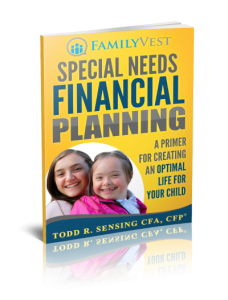



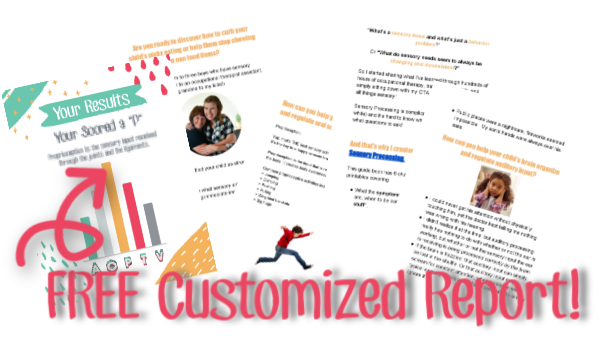
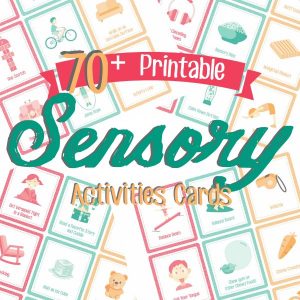
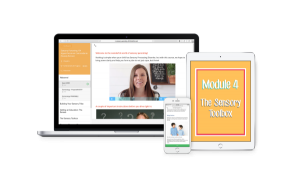
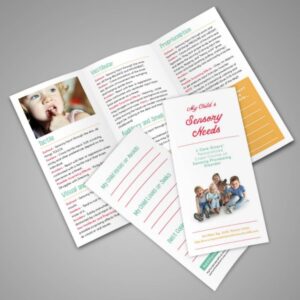
Leave a Reply